A Guide to Meditation: Connecting, Destressing, Energizing
Published on April 24, 2019 – Last Updated on May 11, 2022
We are learning about how the simple act of taking time to meditate can improve your day and life. Find out more about meditation by downloading our FREE meditation app on iOS or Android, searching: MindTastik.
Enter your phone number to download our meditation app for FREE
Stressed? Overworked? Need to break free from the burdens of the daily grind?
Indeed, we’ve all been there – overwhelmed with everything that requires doing and all the things yet to do.
While a busy, fulfilling life is by no means a bad thing, to ensure proper mental and physical health, we all must take time for ourselves – to rest and relax. To take stock of not just where we’re at but also the direction we aim to go.
What we need is meditation.
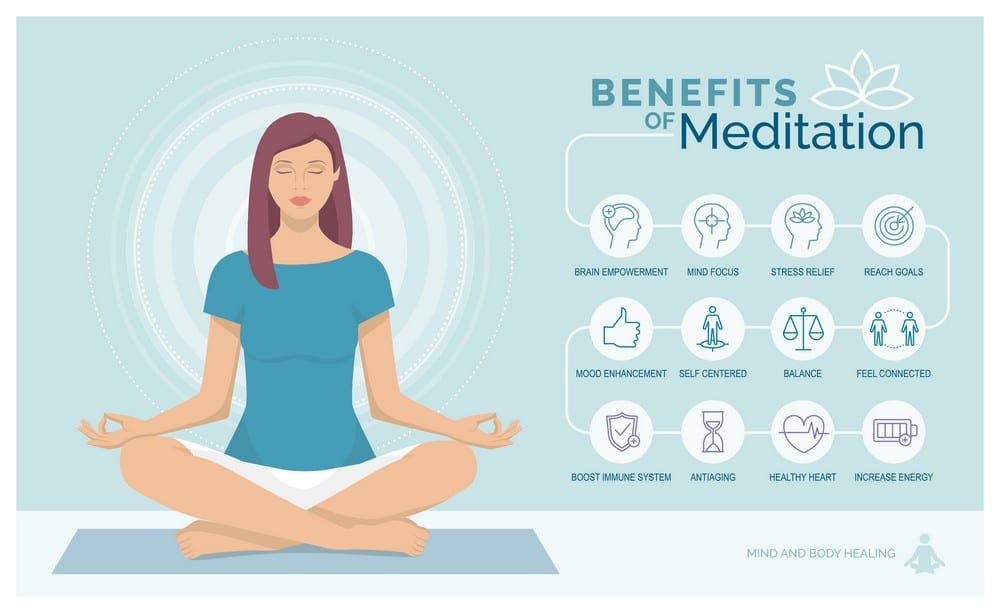
But what is meditation? And how do we carve out the time necessary to refocus and recharge so that we’re ready to face whatever challenges lie ahead?
Let’s explore this beneficial yet straightforward act of reflection. One that helps to recenter our focus and puts us on the path to being the best version of ourselves.
What is Meditation?

The most basic definition of meditation is a method for training one’s mind to be attentive and self-aware.
Our minds wander – a lot.
Even those individuals who’ve meditated for many years and possess a solid handle on their mental state will drift off into spells of worry or moments of daydreaming. It’s a natural reaction to the stimulus that surrounds us.
Meditation serves to remove us from that reactionary instinct. Instead, it permits us to move past the noise and distractions.
According to Tara Brach, a psychologist, and author, who has taught and written extensively about meditation, the practice of meditation:
“ … allows us to step out of distracted thought, and helps us arrive in the present moment in a balanced and clear way.”
Ultimately, meditation isn’t about shutting yourself down. It’s about freeing yourself up – where you place value on the little things that occur naturally – a thought, an emotion, a sensation – without the impulse to stretch them beyond their immediate meaning.
No embellishments. Zero daydreams. Try not to attempt to control things that are beyond your control.
This training of your mind puts you more in tune with your emotions and surroundings, and the benefits can be profound.
Recommended to read: what crystals help with anxiety.
The Benefits of Meditation

Even if done for a few minutes each day, meditation can significantly impact your day-to-day well-being.
The most immediate effects are apparent during the actual meditation session. Gaining a sense of peace and calm helps to ground you at the moment. As a result, you feel centered and stress-free. Your only thoughts are those that present themselves in the immediacy of the session.
However, once your session ends, the positive effects will carry along with you, which can happen after only a few sessions.
As we mentioned earlier, the key to good health includes tending to both your mental and physical state. The most immediate and positive impact of meditation often occurs on the cerebral side of the equation.
Read about apps for anxiety.
The mental benefits include:
- Better Management of Stress Levels and Their Triggers
- Better Perspective and Approach to Specific Stressful Situations
- Greater Self-Awareness
- Increased Creativity and More Vivid Imagination
- Help you manage Patience and Tolerance In All Situations
- Increased Productivity
- Less Worry About Situations You Cannot Control
- More Focus on Situations You Can Control
- Reduction of Negative Emotions
- Staying in the Moment, Not Looking Too Far Ahead, or Dwelling in the Past
When it comes to meditation’s impact on your physical health, research remains inconclusive on its direct effects on physical ailments and diseases.
However, health professionals do see a connection between meditation and the management of certain conditions. This holds especially true for illnesses that carry with them high-stress factors. These include:
- Anxiety
- Asthma
- Cancer
- Depression
- Headaches (in particular, those brought on by tension or stress)
- Heart disease
- High blood pressure
- Irritable bowel syndrome
- Pain Management (especially when the pain is chronic)
- Sleep (including trouble falling or staying asleep)
While meditation may alleviate specific stressors or help manage some conditions, you should not view it as a replacement for traditional treatments prescribed by your doctor. Therefore, it’s important to discuss all treatment options available to you with a medical professional.
How to Meditate
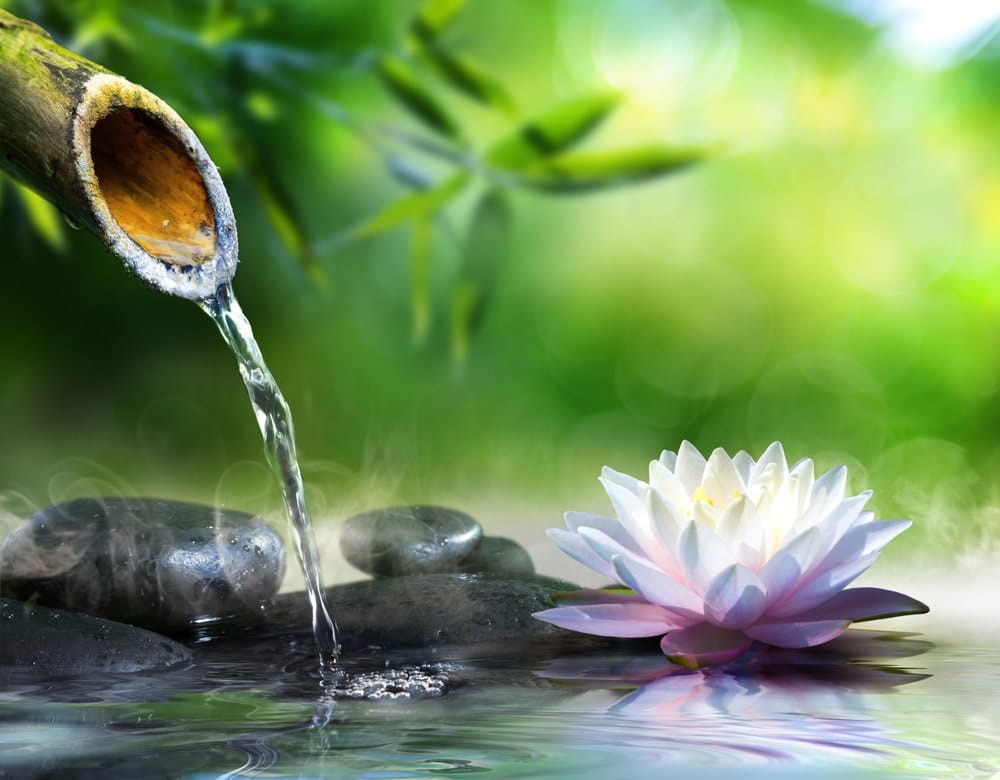
Meditation is indeed a very personal thing. People focus and reflect in different ways, and the techniques that may help one individual increase their calmness may not be as effective for another.
One of the top attributes of trying meditation is that there are several different types from which you can choose. This variety lets you discover the right balance without pressure to commit to a one-size-fits-all plan.
Several of the most popular include:
- Loving-Kindness: The goal is to develop and nurture a sense of compassion and love, even towards people or things you typically hold in contempt.
- Body Scan: Also referred to as progressive relaxation, the goal is to identify tension within your body and release it through meditation.
- Mindfulness: One of the most common mediation methods is to develop a more keen awareness of your surroundings, remaining in the present as much as possible.
- Sleep: This type of meditation is self-explanatory, with the primary goal being to create the right conditions to relax your mind and body to fall into a restful sleep.
- Guided: With guided meditation, the use of a teacher or guide is employed to help create the proper conditions for a meaningful meditation session. The subject simply listens to the guiding party either in person or through audio or visual instruction, such as an app or video on YouTube.
Of course, there is no right or wrong answer when it comes to meditation. The most important aspect is to try it. Once you commit, consistency becomes one of your most important goals.
Here are three simple steps that will assist you in finding what works and what will ultimately reduce your stress levels, improve your sense of calm, and help you lead a happier, healthier life.
1. Choose Your Moment
Successful meditation is much like any other new habit – eating better, exercising, or things like smoking cessation – for it to become second nature requires practice, commitment, and consistency. That starts by determining a time of day that allows you a few moments to make the meditation part of your routine.
2. Choose Your Place
Equally as crucial to selecting a reliable time is choosing a dedicated space to conduct your meditation sessions. Although you may hold your sessions anywhere, an area that promises quiet and few distractions will make it easier for your meditation to become routine.
Tara Bach notes that when getting started:
“The important thing is that we’re committing a little bit of time to come into stillness and simply pay attention to what’s going on in our inner life.”
3. Choose a Guide
Finally, decide what approach you want to take with your meditation. As we stated earlier, there is no right or wrong method in your strategy; if you’re going to jump right in and immediately choose a focus like a body scan or mindfulness, go ahead. This is your time, so make the most of it.
However, if you’re unsure of where to start, opting for a guide is a significant first step. Two of the biggest obstacles to developing a sound meditation routine are intimidation and self-doubt, which carry much uncertainty.
Through the use of a guide – such as an app like Mindtastik – you can focus solely on yourself as the app’s guided meditations lead you through exercises that increase as your level of comfort increases.
As you grow more confident in centering yourself, you can apply the app to other meditation methods, including sleep. Affirmations (where you can pinpoint specific issues in which you want to improve) or through the use of unguided sounds or images.
The main goal is to move at a comfortable pace for you, where meditation becomes more than a novelty but a regular, reliable exercise that helps you take better control of your state of mind and, in turn, your life.
Final Thoughts on Meditation
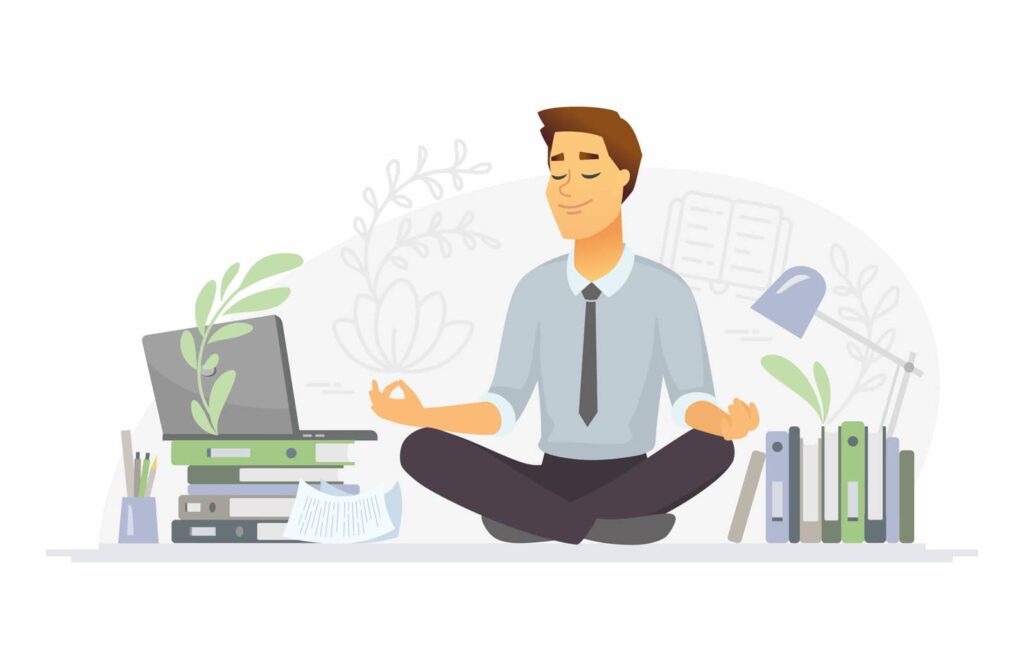
A common misconception about meditation is that it requires you to clear your head and think about nothing at all completely. Nothing could be further from the truth.
Meditation is about the opportunity to exist in a moment in time. No worries about where to be or what to do, no delusions of grandeur, just the thoughts or emotions that may come to pass.
It won’t always be easy, as our daily lives serve as a powerful lure for distraction. In addition, self-doubt and avoidance of taking time for yourself will also present difficult challenges.
However, consistency and a commitment to training yourself over time will become second nature.
Meditation really matters
So too will how you take what you learn and discover in your sessions and apply those revelations to everyday situations. Then, without even genuinely realizing it, you’ll start to experience the positive changes.
The burdens of the daily grind are no longer unbearable.
Work is a minor task you despise and more an endeavor you enjoy.
As for stress?
Well, there’s never any guarantee you will eliminate stress from your life, but one thing is for sure, with meditation, you’ll find yourself in a far better place. Both in your health and happiness – to manage whatever stresses may come your way.
Did you enjoy the article? Follow us for more information and useful resources:http://facebook.com/mindtastik
Download our app:https://apps.apple.com/us/app/mindt-mindful-meditation/id1454780254
https://play.google.com/store/apps/details?id=com.Mindtastik.app

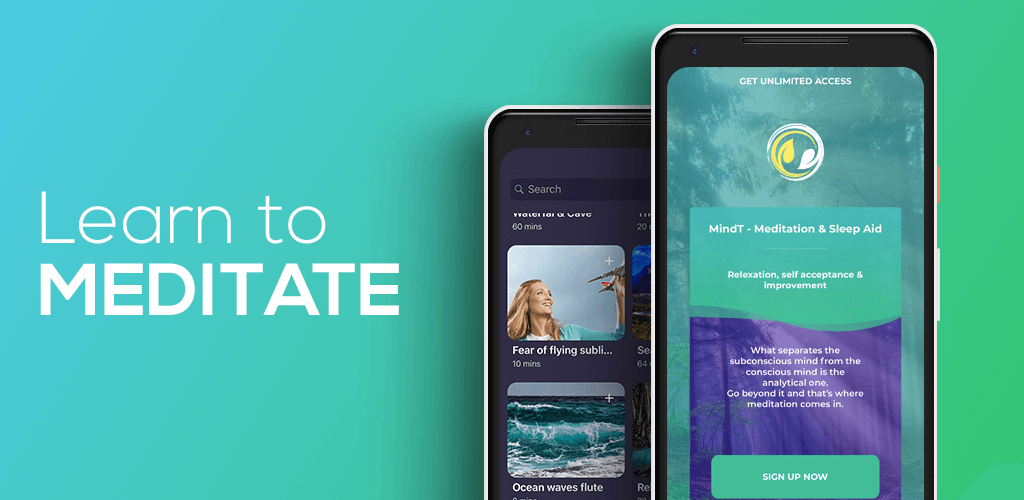


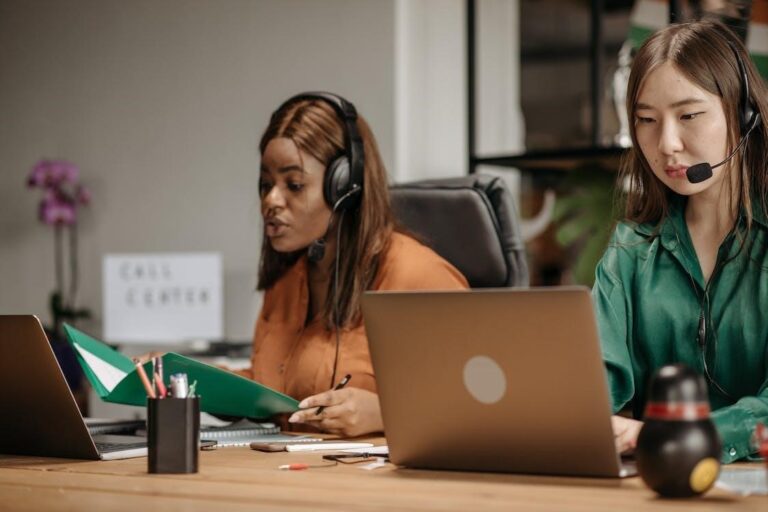
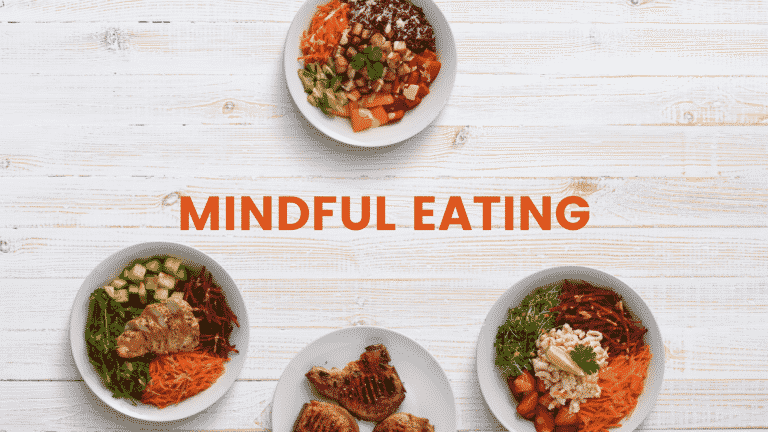
wow i am a student and i am doing a project on how meditating help daily life and this website gave so much info for me! thank you so much!!! 🙂
Hi Carla,
Thanks a lot for the kind words. Please let us know if we can help you furthermore with information or whatever.
E-mail us for more information.
Thank you